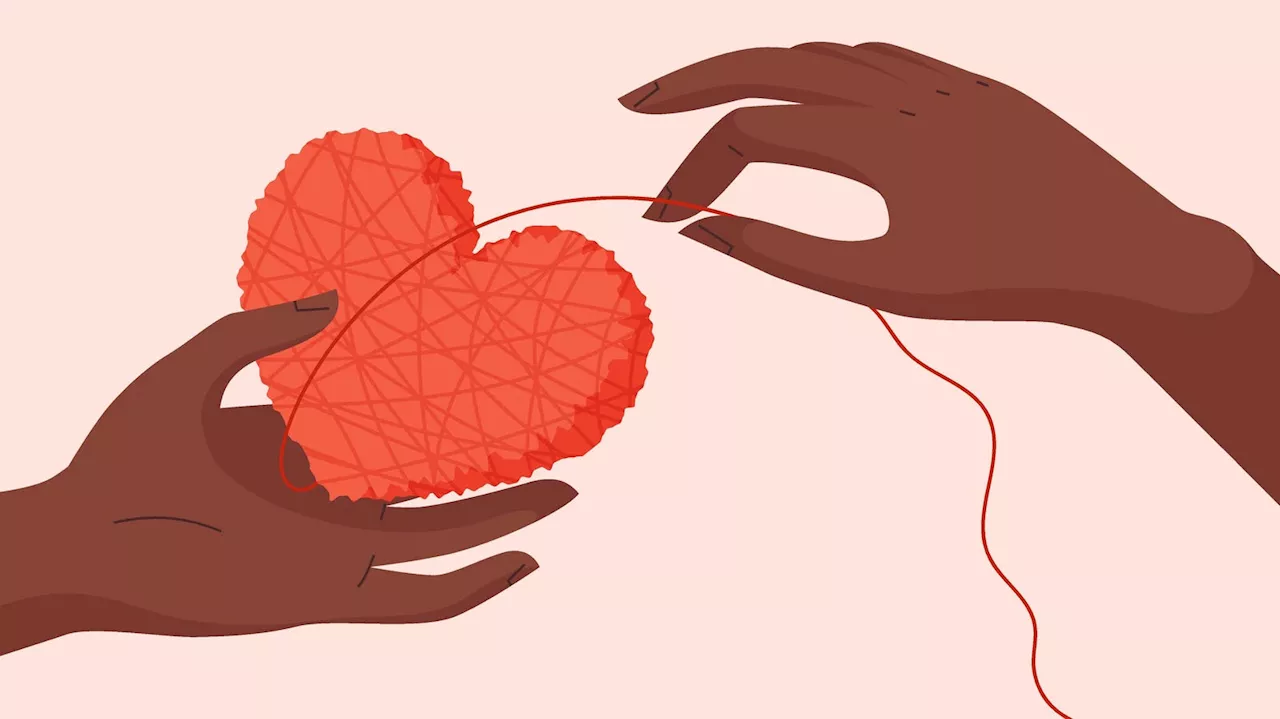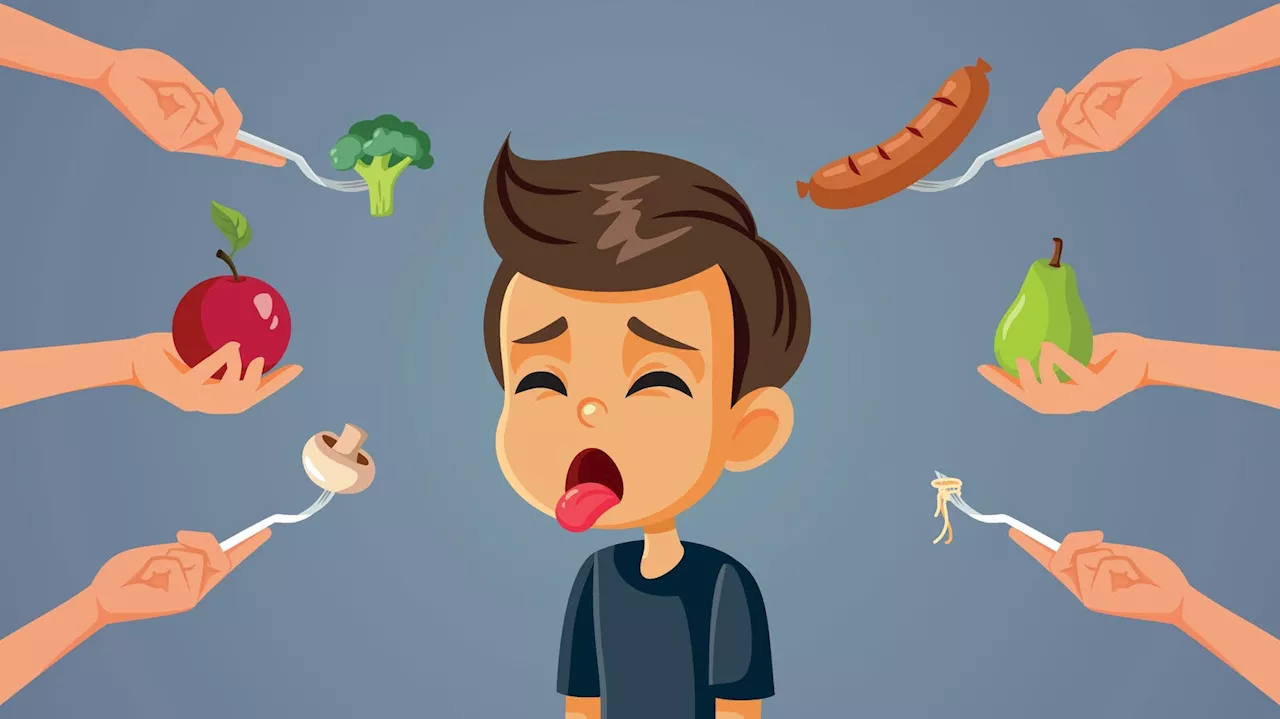Mark Travers, Ph.D., is an American psychologist with degrees from Cornell University and the University of Colorado Boulder. He is the lead psychologist at Awake Therapy, a telehealth company that provides video and telephone psychotherapy, counseling, and coaching to individuals in over 40 countries worldwide.
We all have our tastes and preferences when it comes to food—what one person finds delicious, another might consider disgusting. For many, this variety of likes and dislikes is just part of enjoying life’s culinary offerings. However, for others, their personal list of palatable foods can be severely limited—or even non-existent. The texture, smell or even the sight of certain foods can trigger such intense aversion that they may avoid eating altogether.
This is characterized by an apparent lack of interest in eating or food. For instance, a child with restrictive ARFID might show no enthusiasm for mealtime—picking at their food and eating only small amounts. They may not feel hungry or express a desire to eat, which can lead to noticeable weight loss or poor growth.Here, individuals avoid food based on its sensory characteristics, such as taste, smell, texture, or appearance.
Moreover, ARFID can be mentally exhausting; food becomes a source of fear and disgust, and meal times and outings to restaurants cannot be enjoyed in the same way others do. This isolation extends beyond the dining table, and can take a deep toll on one’s social interactions and overall quality of life.
ARFID Avoidant/Restrictive Food Intake Disorder Fear Of New Foods Fear Of Food Eating Disorder Exposure Therapy Aversive ARFID Mark Travers Online Therapy
United Kingdom Latest News, United Kingdom Headlines
Similar News:You can also read news stories similar to this one that we have collected from other news sources.
 A Psychologist Explains The ‘Early Years’ Divorce—And 2 Other Common Marriage Dissolution PointsMark Travers, Ph.D., is an American psychologist with degrees from Cornell University and the University of Colorado Boulder. He is the lead psychologist at Awake Therapy, a telehealth company that provides video and telephone psychotherapy, counseling, and coaching to individuals in over 40 countries worldwide.
A Psychologist Explains The ‘Early Years’ Divorce—And 2 Other Common Marriage Dissolution PointsMark Travers, Ph.D., is an American psychologist with degrees from Cornell University and the University of Colorado Boulder. He is the lead psychologist at Awake Therapy, a telehealth company that provides video and telephone psychotherapy, counseling, and coaching to individuals in over 40 countries worldwide.
Read more »
 A Psychologist Explains Couvade Syndrome—Paternal ‘Phantom Pregnancy’Mark Travers, Ph.D., is an American psychologist with degrees from Cornell University and the University of Colorado Boulder. He is the lead psychologist at Awake Therapy, a telehealth company that provides video and telephone psychotherapy, counseling, and coaching to individuals in over 40 countries worldwide.
A Psychologist Explains Couvade Syndrome—Paternal ‘Phantom Pregnancy’Mark Travers, Ph.D., is an American psychologist with degrees from Cornell University and the University of Colorado Boulder. He is the lead psychologist at Awake Therapy, a telehealth company that provides video and telephone psychotherapy, counseling, and coaching to individuals in over 40 countries worldwide.
Read more »
 A Psychologist Explains The Rising Concern Around ‘Hangxiety’Mark Travers, Ph.D., is an American psychologist with degrees from Cornell University and the University of Colorado Boulder. He is the lead psychologist at Awake Therapy, a telehealth company that provides video and telephone psychotherapy, counseling, and coaching to individuals in over 40 countries worldwide.
A Psychologist Explains The Rising Concern Around ‘Hangxiety’Mark Travers, Ph.D., is an American psychologist with degrees from Cornell University and the University of Colorado Boulder. He is the lead psychologist at Awake Therapy, a telehealth company that provides video and telephone psychotherapy, counseling, and coaching to individuals in over 40 countries worldwide.
Read more »
 A Psychologist Explains The 4 ‘Love Lies’ That Couples Tell Each OtherMark Travers, Ph.D., is an American psychologist with degrees from Cornell University and the University of Colorado Boulder. He is the lead psychologist at Awake Therapy, a telehealth company that provides video and telephone psychotherapy, counseling, and coaching to individuals in over 40 countries worldwide.
A Psychologist Explains The 4 ‘Love Lies’ That Couples Tell Each OtherMark Travers, Ph.D., is an American psychologist with degrees from Cornell University and the University of Colorado Boulder. He is the lead psychologist at Awake Therapy, a telehealth company that provides video and telephone psychotherapy, counseling, and coaching to individuals in over 40 countries worldwide.
Read more »
 Sports psychologist explains importance of support following Vikings player's deathA psychologist for the nation's largest sports leagues broke down how the death of a teammate can affect an entire organization.
Sports psychologist explains importance of support following Vikings player's deathA psychologist for the nation's largest sports leagues broke down how the death of a teammate can affect an entire organization.
Read more »
 A Psychologist Explains Love’s ‘5:1 Ratio’—Key To Making Any Relationship WorkMark Travers, Ph.D., is an American psychologist with degrees from Cornell University and the University of Colorado Boulder. He is the lead psychologist at Awake Therapy, a telehealth company that provides video and telephone psychotherapy, counseling, and coaching to individuals in over 40 countries worldwide.
A Psychologist Explains Love’s ‘5:1 Ratio’—Key To Making Any Relationship WorkMark Travers, Ph.D., is an American psychologist with degrees from Cornell University and the University of Colorado Boulder. He is the lead psychologist at Awake Therapy, a telehealth company that provides video and telephone psychotherapy, counseling, and coaching to individuals in over 40 countries worldwide.
Read more »
